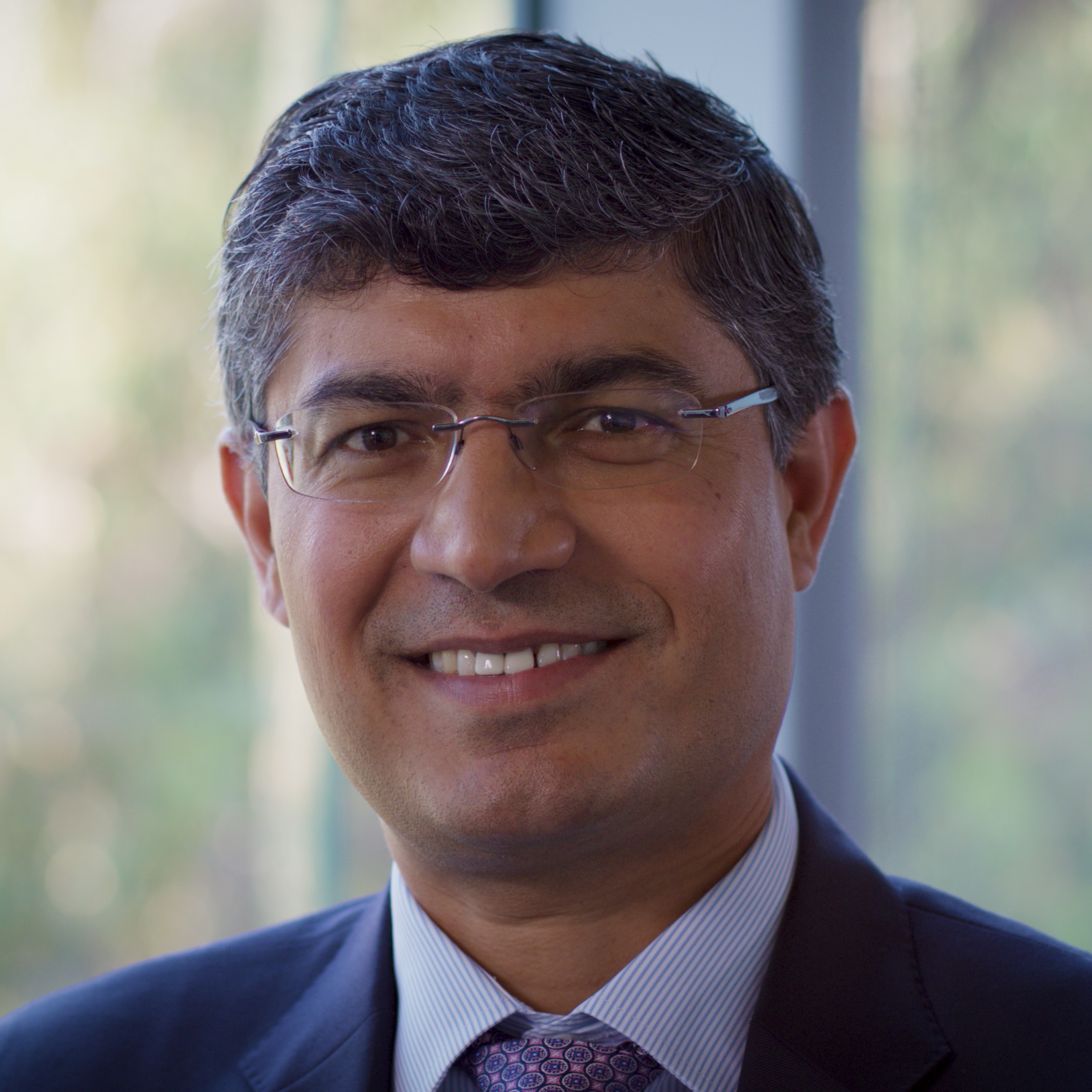Video
Aric Prather, PhD: Blue Light Filters aren't the Answer to Sleep Issues
Author(s):
While there's evidence that blue light exposure can impact an individual's circadian system, Dr. Aric Prather explains that technology is only one factor of the complex issue.
In an interview with HCPLive on his presentation, "Sleep in the Time of COVID: An Update on How Sleep Affects the Immune System" which was presented at the Associated Professional Sleep Societies (SLEEP) 2022 Annual Meeting, Aric Prather, PhD, said the he's often asked about the impact that technology use, or excessive screen time, has on sleep behavior.
In addition to his role as associate professor of psychiatry and behavioral sciences at the University of California, San Francisco (UCSF) and serving as the interim director of UCSF Center for Health and Community, he also helps to run a sleep clinic at the institution.
While there's certainly some evidence that blue light exposure can impact an individual's circadian system, Prather believes that's only one factor of the complex issue.
"The things on our devices, they're developed to keep you engaged, right?" Prather said. "And people like selecting the things that keep them engaged. So, that reward system in your brain is going off every time you get an email, every time you scroll down Twitter, or your next Instagram post, and that is incompatible with relaxing and falling asleep."
The best way prepare for a good night of sleep is to have a "wind down" time around 2 hours before going to sleep, according to Prather. Reducing or restricting screen time is important but making space to transition from day to night is a critical part of sleep behavior.
"We know from the science that [blue light] certainly can impact your melatonin production system," he said, "but I think for a lot of people the solution has been, 'well, I'll put a night shift filter on my phone, and then I've solved the problem.' And lo and behold, it doesn't solve the problem, because that's not all of the problem. I think I think that's something that is often missed in that discussion."




